Hi there, pet lovers! 🦜
Conures are among the most popular parrots in the pet world, known for their bright personalities, playful nature, and vibrant feathers. These charming little parrots bring joy and liveliness into any household, but they also come with specific care needs that potential owners should understand. In this detailed review, we’ll cover everything about conures—from their temperament and care requirements to costs, health concerns, and availability. Whether you’re just curious or seriously considering adopting one, this guide will help you make an informed decision.
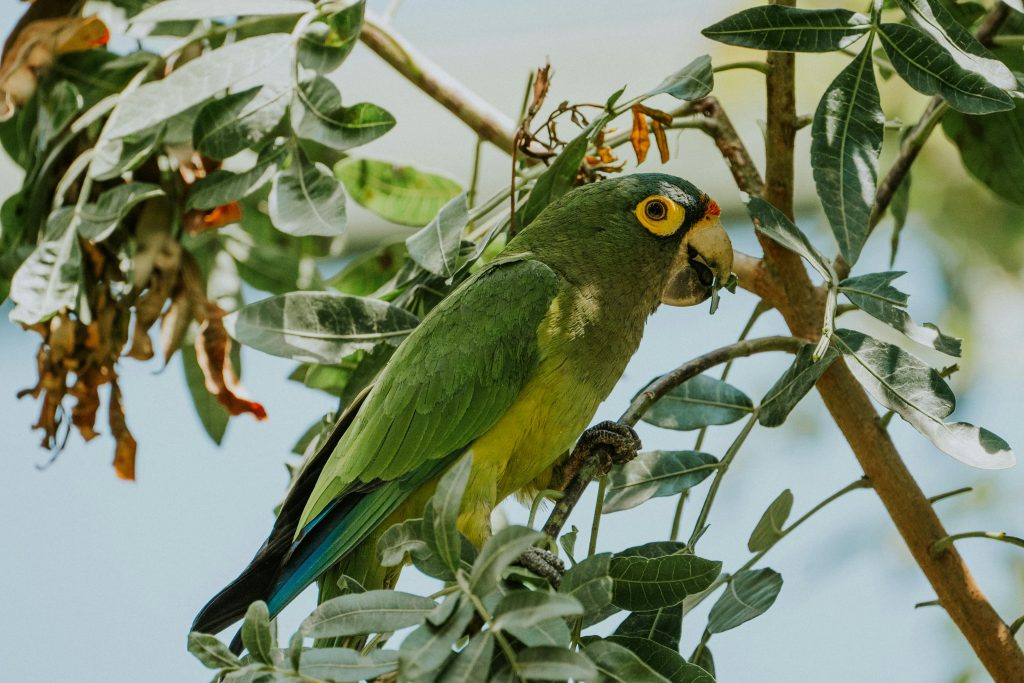
Overview
Conures are medium-sized parrots that belong to the Aratinga and Pyrrhura genera, native to Central and South America. They are well-known for their colorful plumage, playful energy, and strong social bonds with humans. Here’s a quick summary of what makes them stand out:
- Handling and Temperament: Affectionate, playful, and social but can be noisy.
- Care and Maintenance: Require a spacious cage, toys, and daily interaction.
- Health and Durability: Hardy but prone to certain parrot diseases.
- Availability: Widely available from breeders and pet stores.
- Cost: Moderate to high, depending on species and rarity.
- Overall: A delightful companion for those willing to commit time and attention.
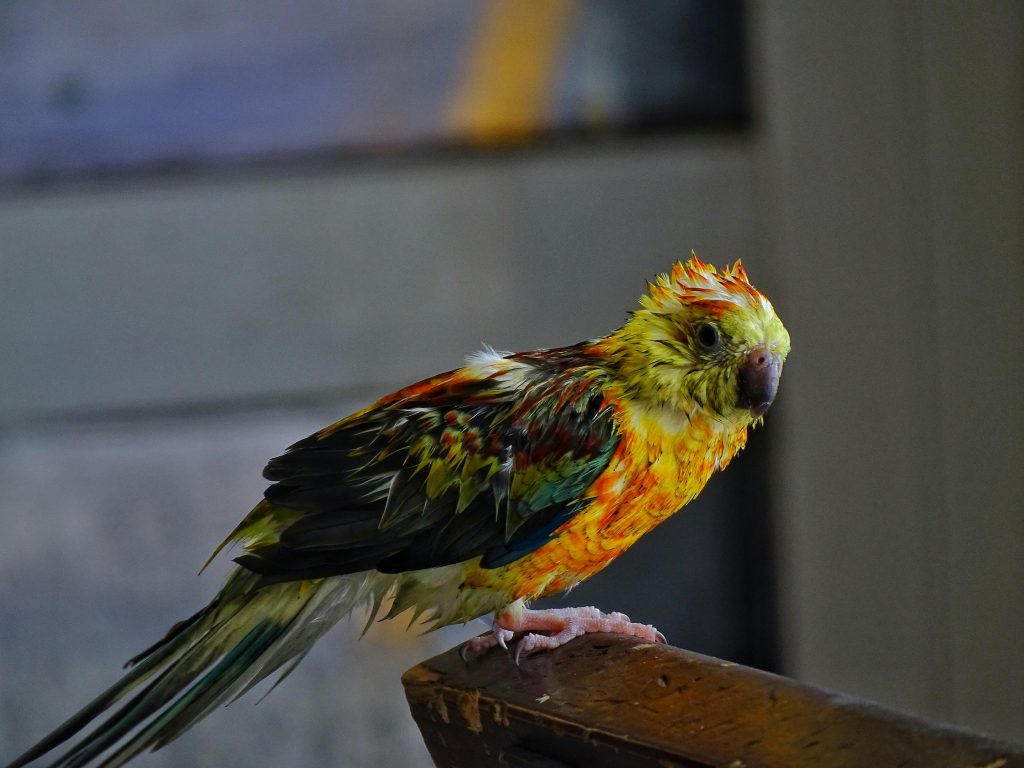
Why Choose a Conure?
Conures are ideal for people who want an affectionate and interactive bird that thrives on socialization. Conures are often described as the “clowns of the parrot world”. They are known for forming close bonds with their owners, often wanting to perch on shoulders, cuddle, and be part of daily life. Their intelligence and energy make them entertaining companions, but they also demand time, attention, and patience.
Unlike smaller pet birds such as budgies or finches, conures require more direct interaction and mental stimulation. For those willing to provide the right care, these parrots can be rewarding lifelong friends with lifespans ranging from 15 to 30 years, depending on the species.
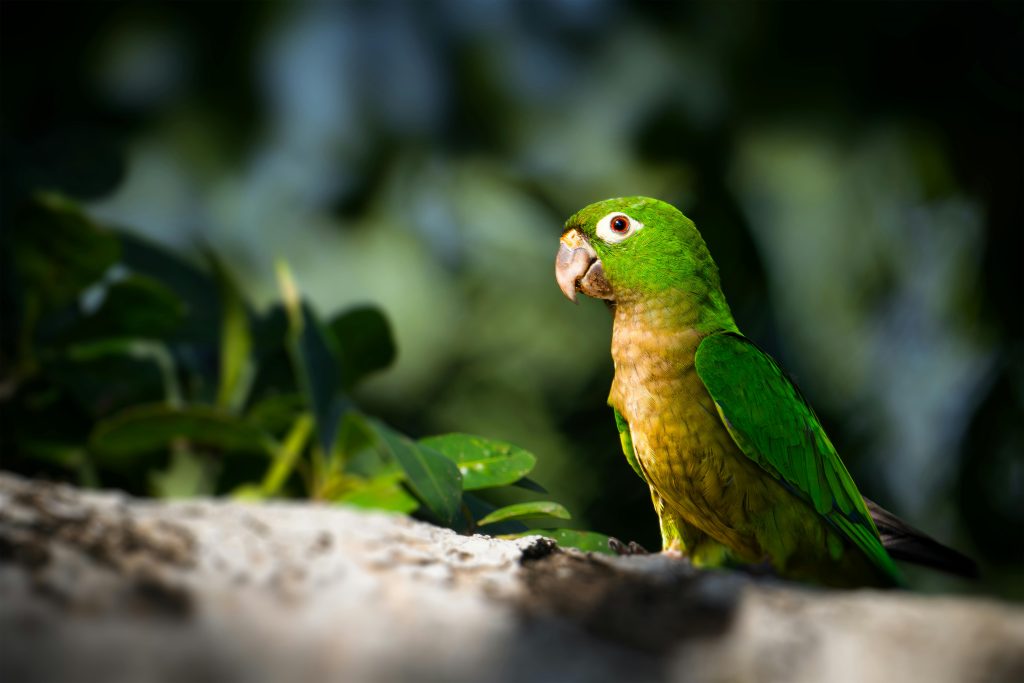
Handling and Temperament
Conures are best known for their big personalities packed into small bodies. They are playful, affectionate, and can sometimes act like little clowns, always finding new ways to entertain themselves and their owners.
Personality Traits
- Affectionate: Many conures enjoy cuddling, preening their owners’ hair, and sitting close for companionship.
- Playful: They love toys, games, and problem-solving activities.
- Energetic: These birds are highly active and need time outside their cage daily.
- Vocal: Conures are known for being noisy. They may not have the speaking ability of larger parrots, but they have a range of calls, squawks, and chatter.
Behavior Considerations
- Conures can sometimes become nippy, especially when not properly trained or if they feel neglected.
- They thrive when kept on a daily routine of play, feeding, and interaction.
- Socialization is crucial—conures left alone too often may develop behavioral issues such as feather plucking or screaming.
Biting
While conures do occasionally bite, it is usually a matter of poor handling or misunderstanding their body language. Bites are rarely severe but can sting. Consistent training and positive reinforcement help reduce nipping behavior.
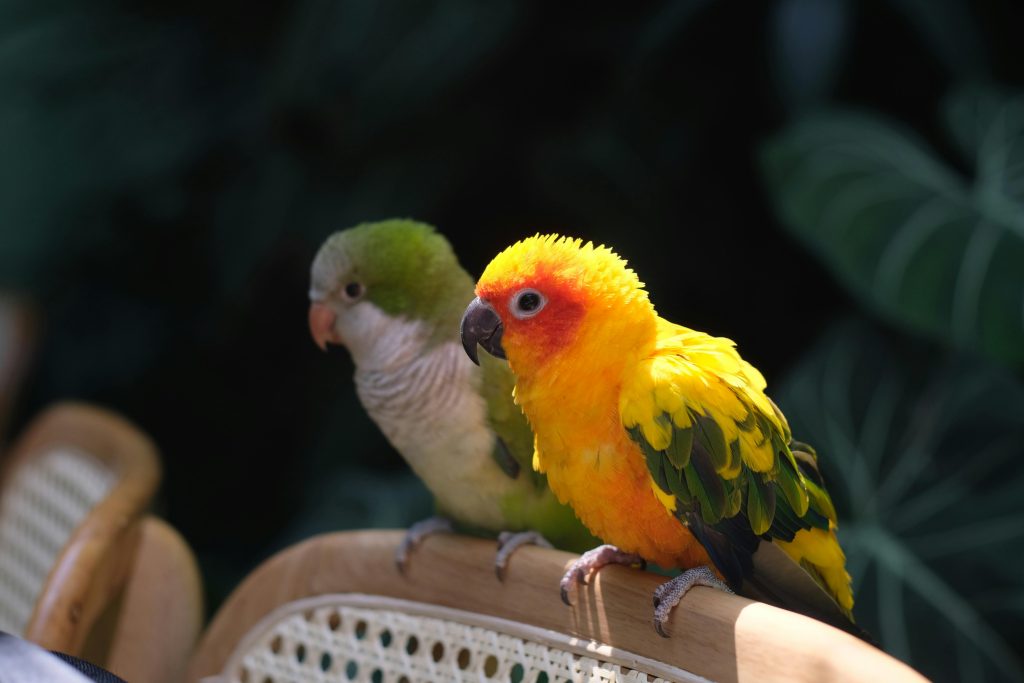
Care and Maintenance
Conures are not high-maintenance compared to larger parrots, but they still require dedicated care and interaction. Their environment, diet, and enrichment are key to their long-term health and happiness.
Enclosure Setup
- Cage Size: A single conure should have a cage at least 24 x 24 x 24 inches with bar spacing of ½ to ¾ inches. Bigger is always better.
- Climbing & Play: Provide plenty of perches, ladders, and swings. Conures are natural climbers.
- Toys: Rotating toys is essential to prevent boredom. Puzzle toys, foraging toys, and chewable items are great options.
- Play Area: Conures need 3–4 hours daily outside their cage in a safe, bird-proofed space.
Feeding
- Base Diet: A high-quality pellet diet makes up about 60–70% of their meals.
- Fresh Foods: Fruits (apples, berries, mango) and vegetables (spinach, carrots, broccoli) should be offered daily.
- Protein: Occasional cooked eggs, legumes, or nuts.
- Avoid: Avocado, chocolate, caffeine, alcohol, and salty foods.
Enrichment
Conures are highly intelligent, requiring constant stimulation. Training sessions, interactive play, and teaching simple tricks help keep their minds active.
Hygiene
- Clean cages and food dishes daily.
- Provide regular baths or misting to maintain feather health.
- Trim nails and beak as needed, preferably by a professional.
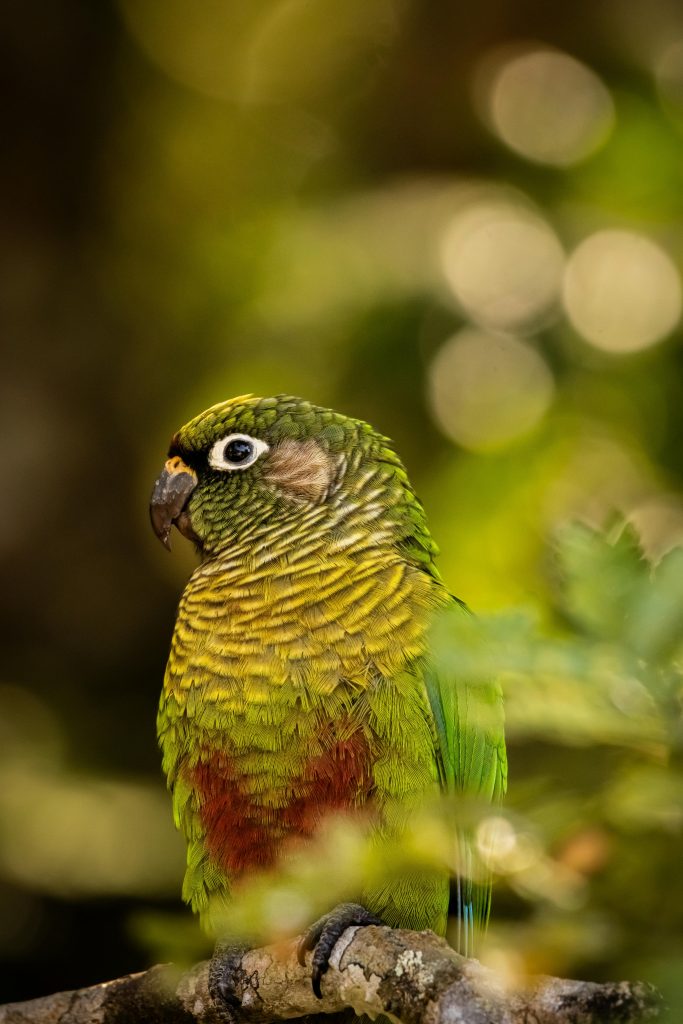
Health and Durability
Conures are generally hardy, but like all parrots, they are prone to certain health issues if not properly cared for.
Common Health Concerns
- Psittacine Beak and Feather Disease (PBFD): A viral disease affecting feathers and immune system.
- Aspergillosis: A fungal infection caused by poor ventilation and damp environments.
- Nutritional Deficiencies: Often due to seed-only diets.
- Feather Plucking: Usually from boredom, stress, or lack of enrichment.
Preventative Care
- Regular vet checkups with an avian veterinarian.
- Balanced diet rich in pellets and fresh foods.
- Proper cage hygiene and air circulation.
- Daily exercise and social interaction.
Lifespan
With proper care, conures can live 15 to 30 years, depending on the species (Green-cheeked conures average around 15–20 years, while larger conures may live closer to 30 years).
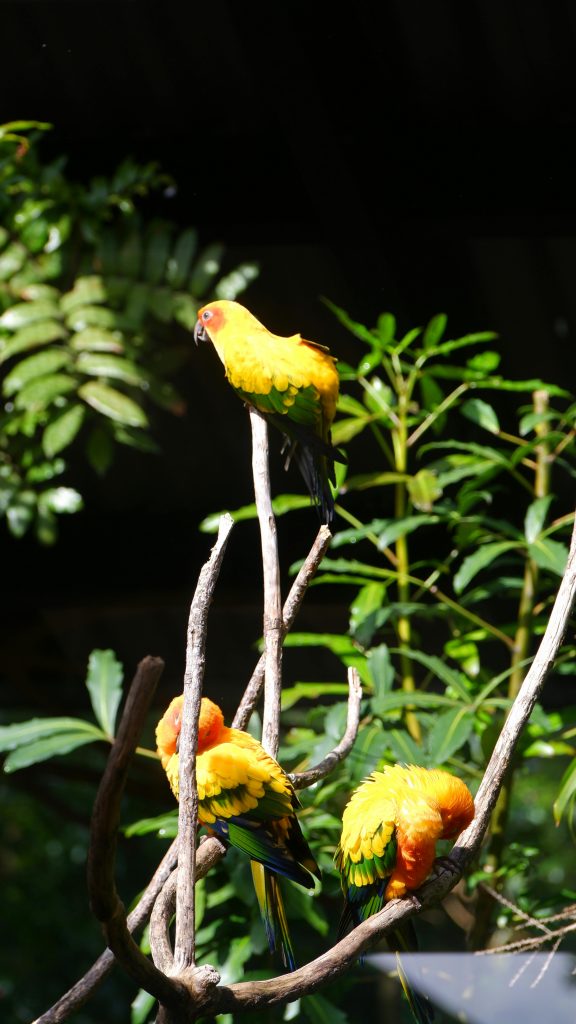
Availability and Cost
Conures are popular worldwide, making them relatively easy to find. They are commonly sold through breeders, bird specialty stores, and sometimes adoption centers.
Where to Buy
- Breeders: Best option, as they typically raise healthy, well-socialized birds.
- Bird Rescues: Many conures are available for adoption, often due to previous owners underestimating their needs.
- Pet Stores: Conures can sometimes be found here, but always ensure the birds are healthy and properly cared for.
Cost Breakdown
- Bird Price:
- Green-cheeked Conure: $200–$500
- Sun Conure: $400–$800
- Rare Morphs (e.g., Crimson-bellied): $600–$1,500+
- Setup Cost: $300–$600 for cage, toys, and supplies.
- Annual Care: Around $300–$700 for food, toys, and routine vet visits.
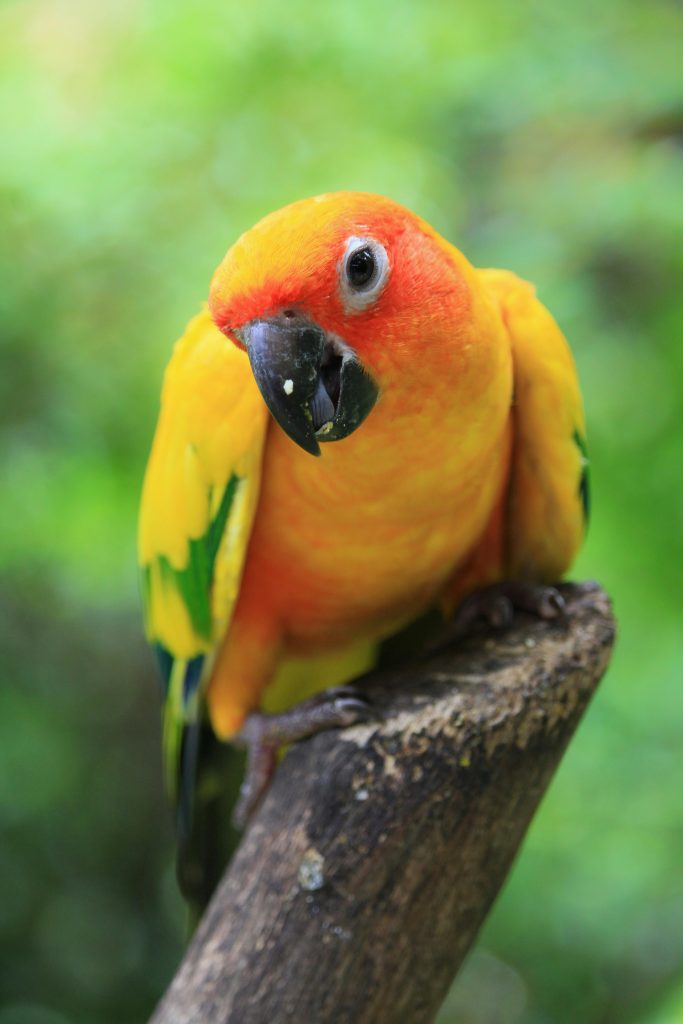
Pros and Cons
Pros
- Affectionate and cuddly with strong bonds.
- Intelligent and playful, great for training.
- Relatively small size compared to larger parrots.
- Long lifespan (15–30 years).
- Wide variety of species and colors.
Cons
- Can be loud, especially species like Sun Conures.
- Require daily attention and playtime.
- Potential for biting if not socialized.
- Messy eaters that scatter food and feathers.
- Moderate to high costs for setup and long-term care.
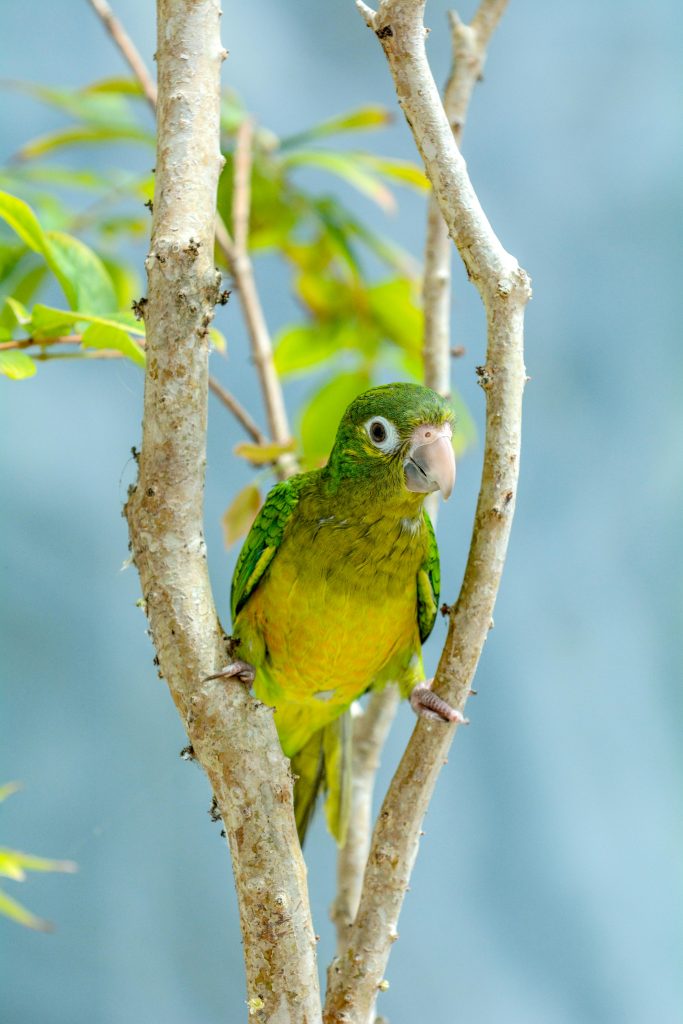
Final Thoughts
Conures are a wonderful choice for bird enthusiasts who want a highly interactive, affectionate, and entertaining companion. They bring energy, fun, and color into any household, but they are not a “hands-off” pet. Their need for attention, stimulation, and socialization makes them best suited for owners who can dedicate daily time and effort to their care.
While their vocal nature and occasional nippiness may not be ideal for everyone, conures reward dedicated owners with years of companionship, laughter, and love. With the right environment, diet, and enrichment, these birds can truly thrive and become cherished members of the family.
If you’re considering a conure, visit breeders, rescues, or bird expos to meet them in person. Observing their personalities and energy firsthand will help you choose the perfect feathered friend.
Have you had experience with conures? Share your thoughts and tips in the comments—we’d love to hear your stories!
For more bird care tips and pet reviews, stay tuned to our blog and join the community of parrot lovers worldwide! 🦜

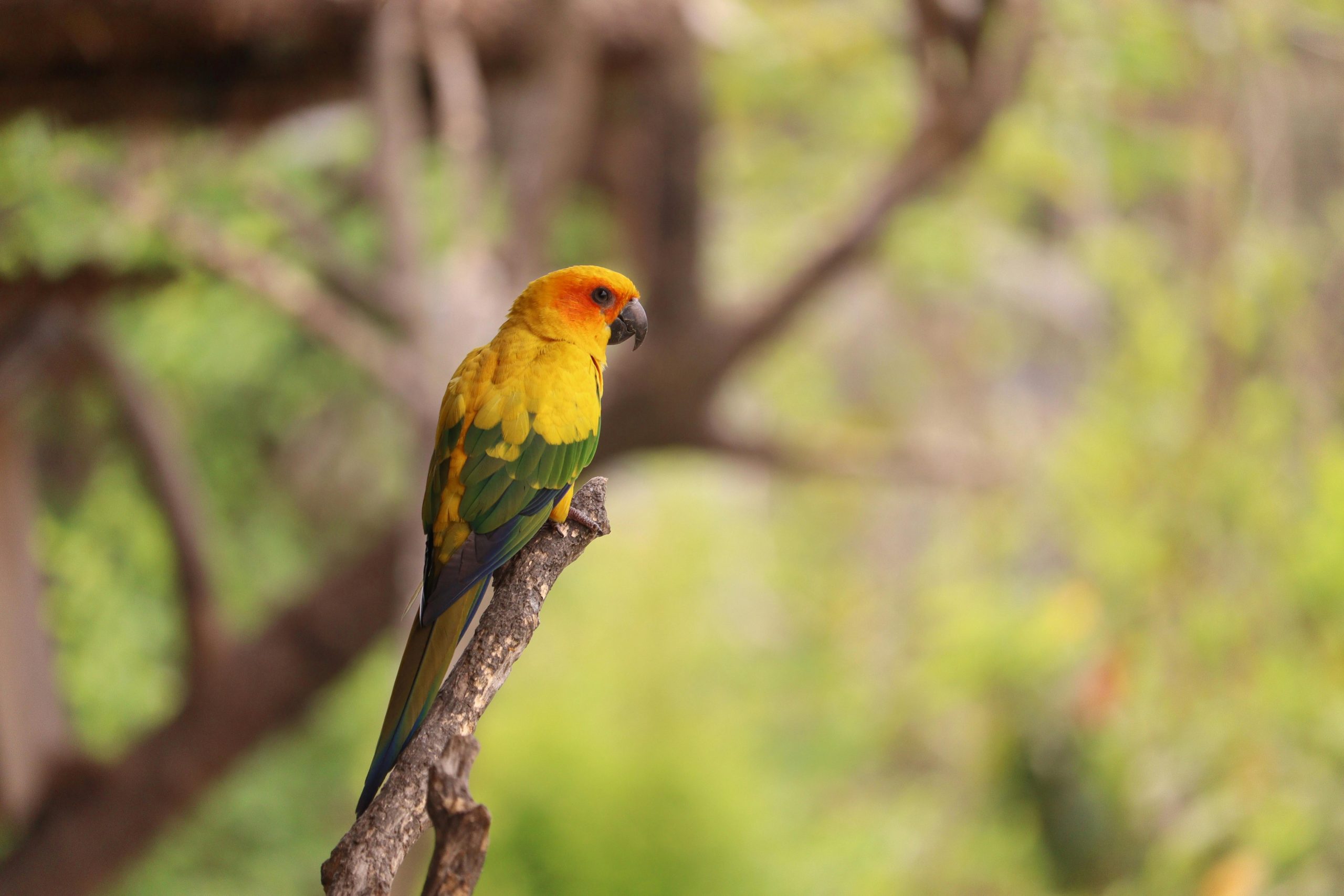

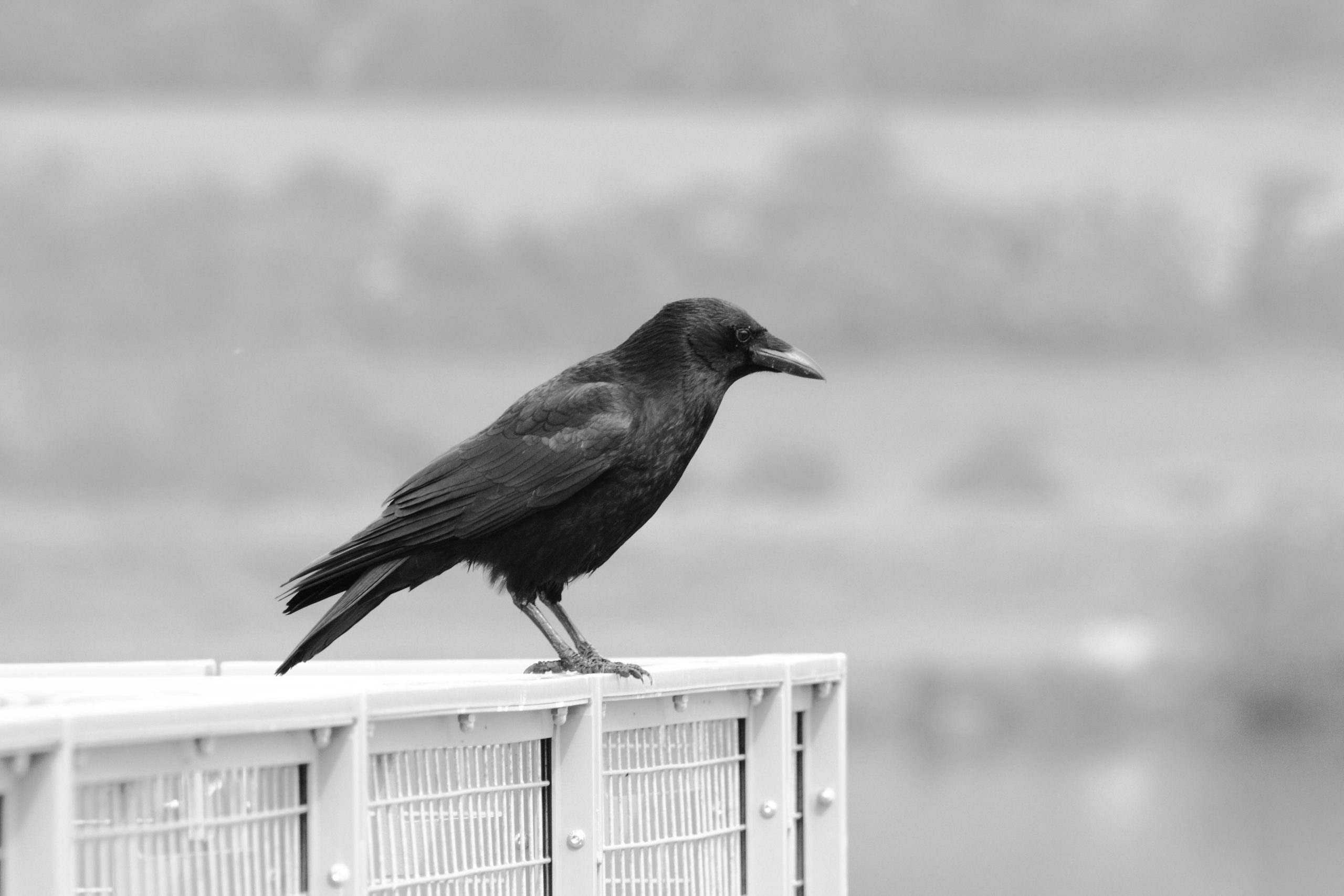
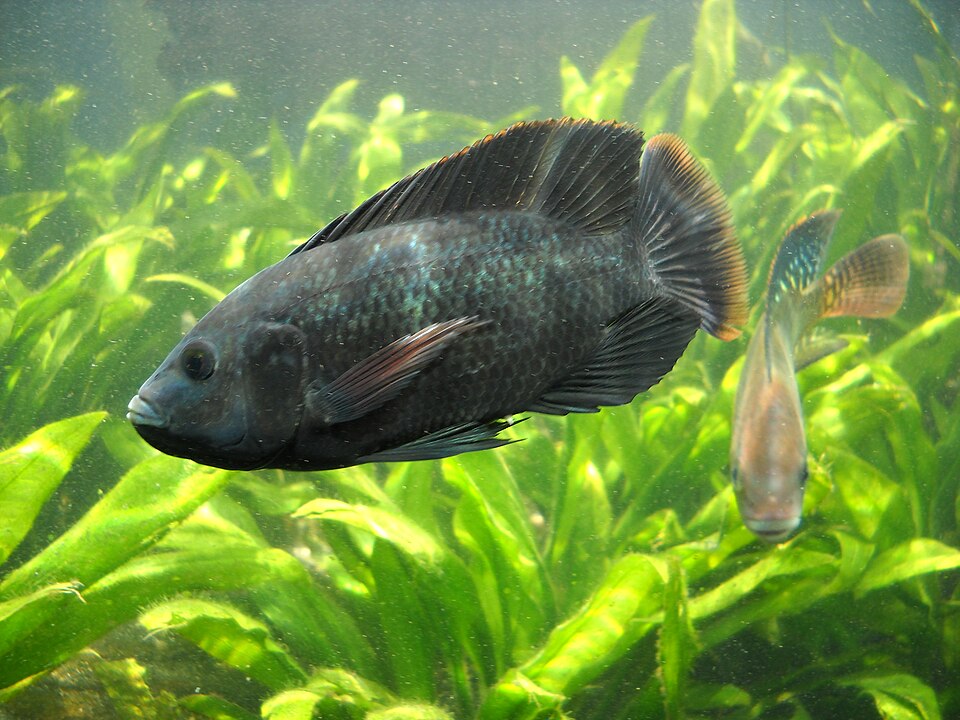
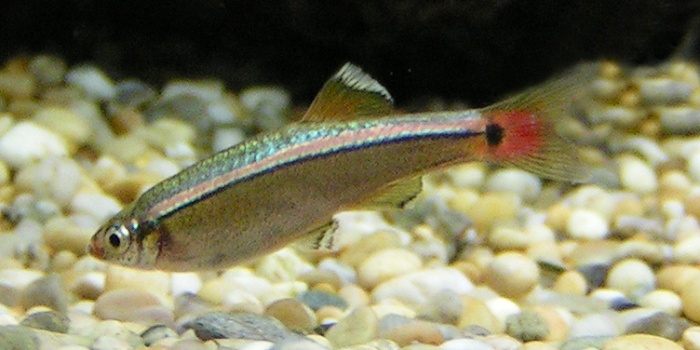
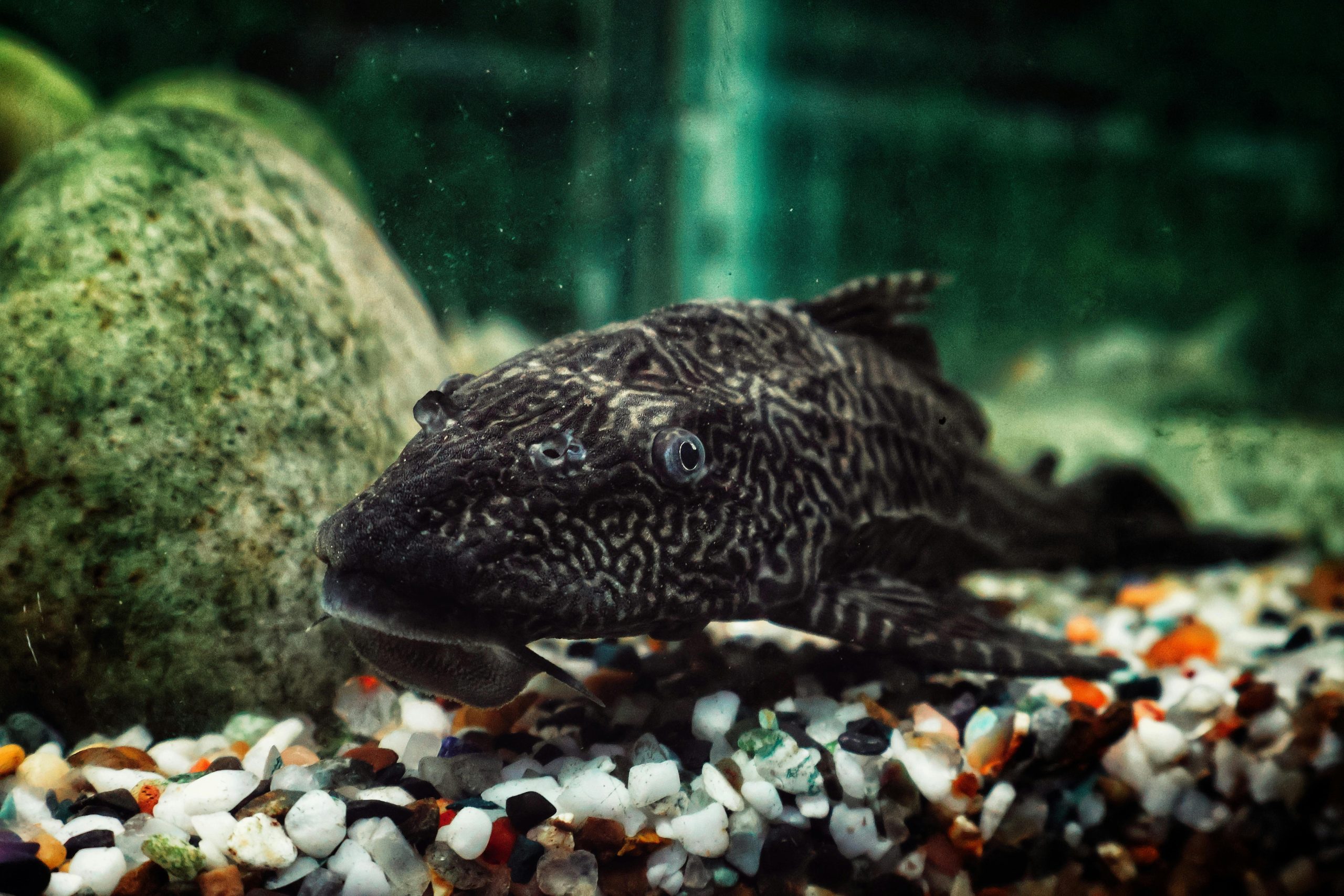
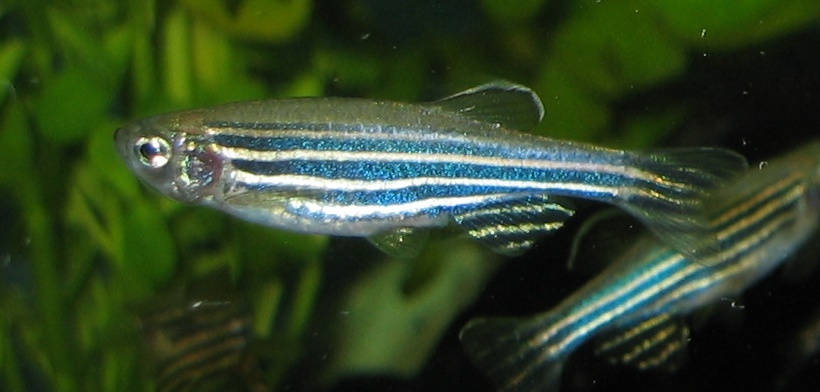
Leave a Reply